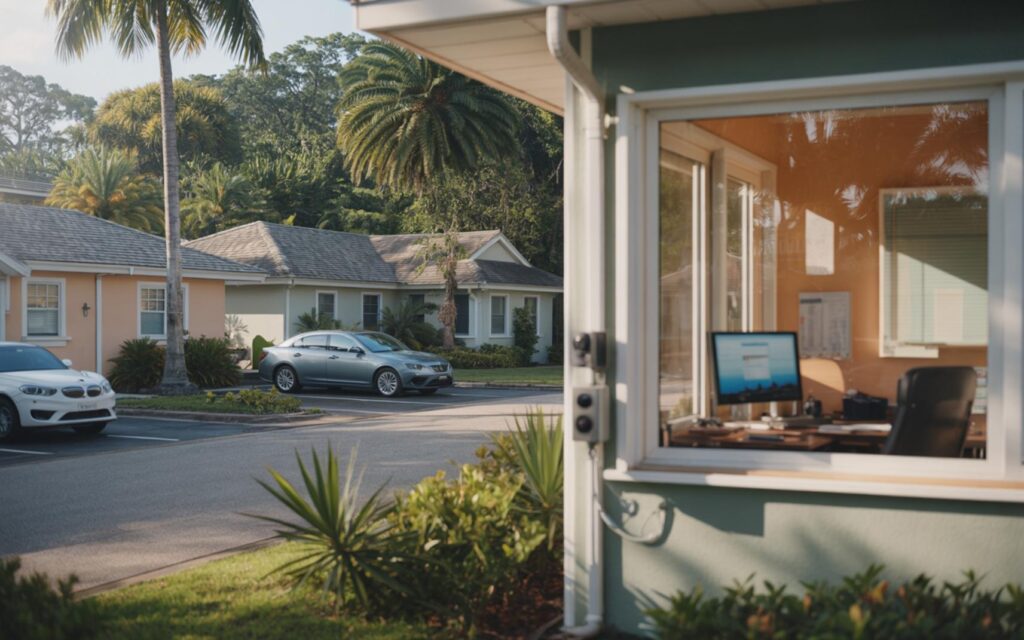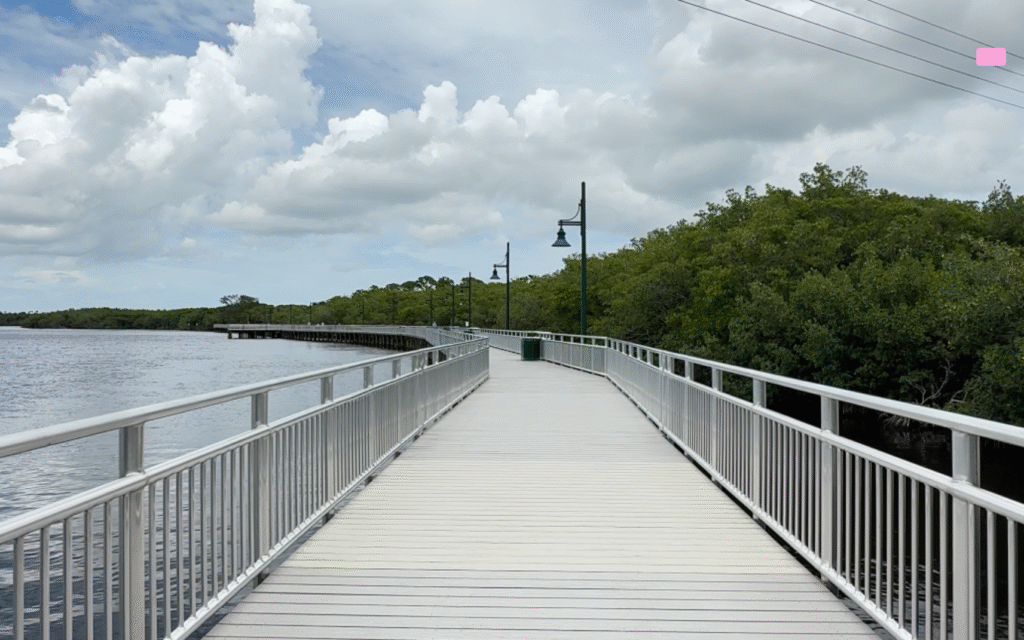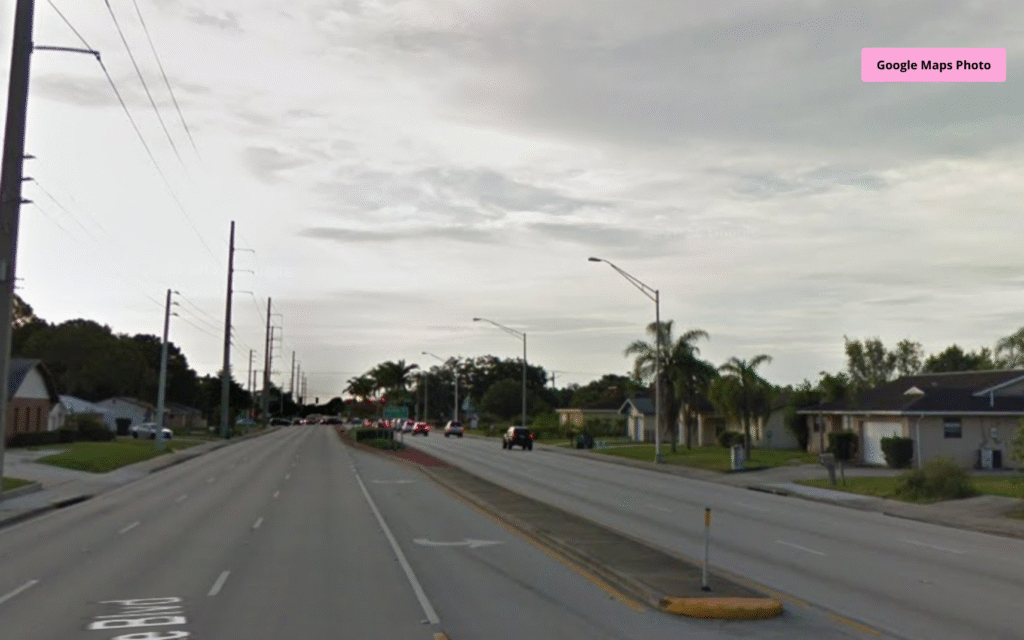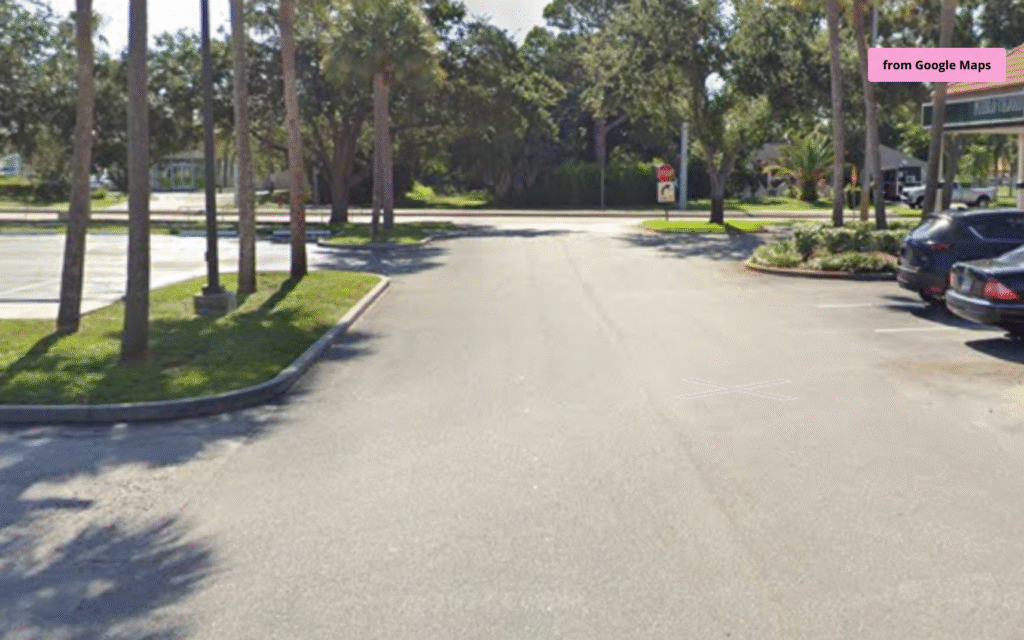Artificial intelligence in Florida insurance is transforming how claims are processed, priced, and evaluated, especially as the state faces frequent severe weather events. The use of AI by insurers has expanded rapidly, raising questions about claim denial rates, regulatory oversight, and consumer protections in Florida’s dynamic insurance market.
Artificial Intelligence in Florida Insurance: Growing Use and Impact
AI technology is now central to many insurance company operations in Florida. Insurers use artificial intelligence for claims handling, underwriting, pricing, and marketing. According to industry data, AI’s role has grown as companies seek greater efficiency and accuracy, particularly after major storms.
Florida’s insurance market is among the most challenging in the United States due to frequent hurricanes and high premium costs. The pressure to process large volumes of claims quickly has made AI-driven automation an attractive option for insurers operating in the state.
Rising Claim Denials and the Aftermath of Hurricane Milton
In 2024, Florida experienced a significant increase in homeowner insurance claim denials. According to industry statistics, the average denial rate reached 46.7%, which is much higher than the national average. This surge followed the impact of Hurricane Milton, which caused over $4.7 billion in insured losses and resulted in more than 92,000 denied claims, according to official reports.
Many policyholders remain unaware when AI is involved in their claim review process. The lack of transparency about automated decision-making has become a central concern for consumer advocates and lawmakers.
Florida Laws and Regulations Governing AI in Insurance
Florida insurance laws apply to all insurer conduct, regardless of whether decisions are made by humans or artificial intelligence systems. According to the Florida Office of Insurance Regulation, insurers are responsible for compliance with all regulations, including those related to claim handling and consumer protection.
Industry representatives emphasize that AI is a tool subject to the same rules as human decision-makers. Insurers remain accountable for errors or missteps, whether they result from automated systems or manual processes.
Current Legislative Activity on AI and Insurance Claims
In 2025, Florida lawmakers considered bills designed to prevent insurers from using artificial intelligence as the sole basis for denying insurance claims. According to legislative records, these proposals did not pass but are expected to return in the 2026 session.
Legislative discussions focus on whether existing laws provide enough protection for consumers against potential AI-driven errors or unfair claim denials. Some lawmakers are calling for explicit requirements that would mandate human review before final claim decisions are made by insurers using AI.
Consumer Protection and Transparency Concerns
Consumer advocates and some legislators have raised concerns that AI could be used to deny claims without adequate human oversight. According to consumer groups, this could result in unfair outcomes for policyholders, especially after major disasters when claims volumes surge.
Experts note that property insurance regulations in Florida generally offer more transparency than those in health insurance, but they acknowledge the need for ongoing review as AI technology evolves. The debate centers on balancing the benefits of automation with the need for clear consumer protections and transparent processes.
Industry Perspectives on AI Efficiency and Accountability
Insurance industry representatives highlight that AI helps control costs and maintain service levels, especially as the workforce shrinks and insurance needs grow. According to industry organizations, AI can improve speed and accuracy in claims processing, which is vital during disaster response periods.
Despite these benefits, industry groups agree that insurers must remain responsible for all decisions, regardless of whether they are made by AI or human staff. Regulatory agencies continue to monitor insurer practices to ensure compliance with state laws.
Broader Legislative Trends and National Context
Florida is not alone in examining the use of artificial intelligence in insurance. Other states are also considering or enacting legislation to regulate AI in insurance and other industries. According to national regulatory organizations, there is a growing trend toward oversight of automated decision-making across sectors.
Florida lawmakers are also reviewing AI’s role in areas beyond insurance, such as education, reflecting a broader societal concern about the impact of automation on fairness and transparency.
Key Facts About AI in Florida Insurance
- AI is widely used by Florida insurers for claims, underwriting, and pricing.
- Claim denial rates in 2024 reached 46.7% after Hurricane Milton, higher than the national average.
- Many consumers do not know when AI is involved in their insurance claim process.
- Florida lawmakers are considering new rules to require human review of AI-based claim denials.
- Industry groups say AI is subject to the same laws as human decisions, but consumer advocates want more oversight.
Frequently Asked Questions About Artificial Intelligence in Florida Insurance
What is artificial intelligence in Florida insurance?
Artificial intelligence in Florida insurance refers to computer systems that help insurers handle claims, pricing, and policy decisions. These systems can review information and make recommendations or decisions, often more quickly than humans.
How much does AI affect insurance claim denials in Florida?
AI has contributed to increased efficiency in claims handling, but in 2024, Florida saw a higher claim denial rate of 46.7%. This was partly due to the use of AI after Hurricane Milton, according to official reports.
Are there laws regulating AI in Florida insurance?
Florida insurance laws apply to all insurer actions, including those made by AI systems. Lawmakers are considering new rules to require human review of AI-based claim denials, but current laws already hold insurers responsible for all decisions.
Can you appeal an insurance claim denied by AI in Florida?
Yes, policyholders can appeal insurance claim denials, even if AI was involved in the decision. Insurers must provide information about the appeals process, and consumers have the right to request a review.
Where are AI-based decisions used most in Florida insurance?
AI-based decisions are most commonly used in claims handling, underwriting, and pricing for property and homeowner insurance in Florida. Insurers use AI to process large numbers of claims, especially after severe weather events.
































